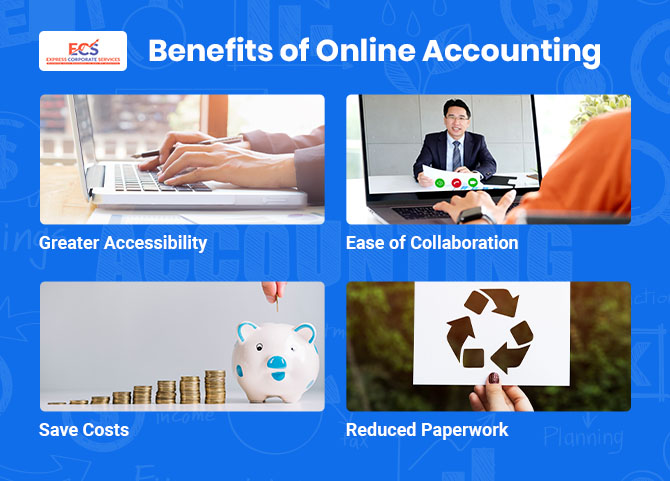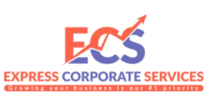
Whilst traditional methods of accounting might have been sufficient in the past, more companies are turning towards digitised solutions to streamline their business processes and manage their operations more effectively. In a 2020 study conducted by Forrester Consulting involving 1,000 Small to Medium Enterprises (SMEs) and 1,000 SME customers, data has shown that 62% of SMEs used online business solutions as the pandemic was ongoing. The result also meant a 30% increase in overall cloud adoption from 2019. Online accounting, often involving cloud accounting or accounting software, has revolutionised the business world we live in today. As such, we share what online accounting is and how it can work for your company in Singapore.
What is online accounting?
Accounting for companies generally involves either hiring an in-house accountant or using outsourced accounting services in Singapore. In-house accounting is typically used only by businesses that need to track daily transactions or receivable accounts, whereas outsourced accounting is often preferred by businesses that have basic compliance needs. For traditional outsourced accounting, you will meet with the accountants from your chosen accounting firm to layout your business goals, objectives, financial details, and provide access to accounts. Outsourced accounting services can cover processes including real-time transaction processing, payroll processing, sales invoicing, payment of vendor bills, budgeting, forecasting, and compliance.
Online accounting manages all the same processes, but digitally. Instead of meeting with your accountants face to face, you are free to oversee your accounting processes remotely – using video calls, regular calls or messaging to speak to your accountants, as well as send them the necessary financial documentation via email. Today, online accounting service providers also often use accounting software or cloud accounting allowing you and your colleagues to share data easily. Instead of each employee emailing the needed documents separately, cloud accounting or accounting software enables any employee to upload data to the cloud or to the software – promoting swift collaboration whilst cutting down on the back and forth, and saving time.

Besides remote access and ease of collaboration, using online accounting services also allows your company to cut down costs. With more companies shifting their accounting online, accounting service providers in Singapore like Express Corporate Services, require fewer costly physical resources like IT hardware or prime office locations. As such, providers can effectively channel their assets into cost-effect cloud accounting and accounting software whilst meeting their client’s needs as successfully as ever. Thus, businesses that use online accounting services get to save costs and, at the same time, reap the benefits of outsourcing.
Finally, with online accounting, your company is one step closer to becoming a paper-free office. Rather than printing financial statements to share with your outsourced accountants, your documents can be simply exchanged online. You reduce paperwork, save the costs spent on paper, printing and postage, contribute to a more sustainable and greener future, as well as strengthen document confidentiality.
All in all, the modern business environment is moving towards a fully digitalised future that enables greater audience reach, streamlined processes, and reduced costs – just to name a few. There are many ways for forward-thinking companies to embrace digital solutions and cloud technology, but using online accounting services in Singapore is no doubt one great way to start!
Ready to streamline your business processes? Get in touch with Express Corporate Services’ expert team for online accounting services in Singapore today!
References
Forrester Consulting. (2020, October). The Next Chapter For Small Business: How To Thrive In A Changed World. https://www.xero.com/content/dam/xero/pdf/the-next-chapter-for-small-business.pdf
